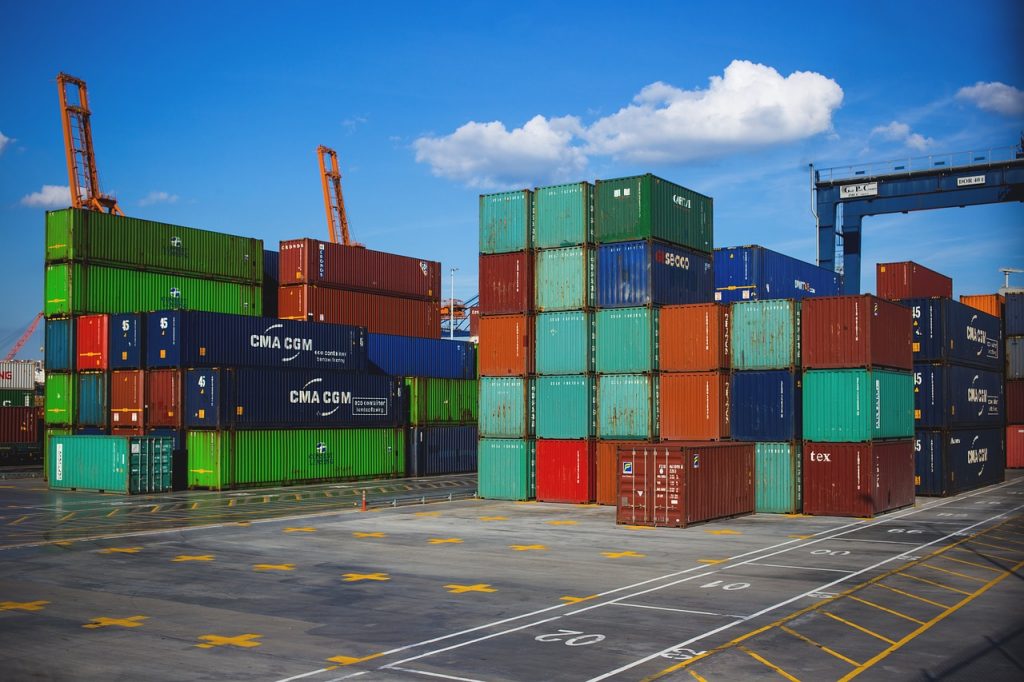Some Cities Banning Certain Business’s Warehouses?
Residents in and around California's Inland Empire, the area situated between Los Angeles and Long Beach, are opposing the construction of any more warehouse spaces due to environmental concerns such as air quality.
This article is more than 2 years old
During the COVID-19 pandemic, warehouse businesses like Amazon benefited immensely from people being paid to stay at home. Many companies expanded the delivery section of their business to cope with the more significant amount of business coming in from online shoppers.
Now that people are starting to adjust to life post-pandemic, the industrial expansion of warehousing across America is being challenged. Many communities are raising concerns over the pollution and congestion that these businesses would bring.
In California, local communities are opposing any more industrial warehouses as there are very few vacancies, and the rents for these properties increased by 19% in the last year. This a nationwide problem as the demand for warehouse space has overtaken the available area.
Within California State, Inland Empire is a hotbed for warehousing growth, as it is near train lines that connect it to Los Angeles and Long Beach. Both of these areas together handle 40% of America’s sea imports. This placement makes places like Inland Empires an excellent place for industrial growth.
Inland state has over 4,000 warehouses; compared to three decades ago, there were 650, which is an incredible expansion rate for one industry. Communities built around places like Inland Empire will have excellent facilities and plenty of work in their town.

But it seems like it is too much of a good thing. Residents of Inland State have had enough of the rapid expansion of warehouses all over their local area. Several boroughs have suspended any future industrial projects. This halt is to determine further the effect these warehouses have on pollution, street congestion, and how close they are to residential areas.
To combat pollution and any risk to civilians, the South Coast Air Quality Management District has implemented various regulations, including reducing emissions from large warehouses and paying to fund any air-quality improvements.
These efforts to reduce any more warehouse development have faced an incredible amount of opposition, naturally. As these warehouses bring in a lot of revenue and tax into the regions they are based in; government officials will want to keep the revenue coming. Also, not meeting the demand for more logistic sites and warehouses may hurt other business sectors, including retail, as there are already supply chain problems across the board.
These objections are also happening in different states across America, like New York and New Jersey, not just in California. While it is essential for people to have jobs and a steady income and for communities to have tax money to ensure the best facilities for their community, putting people’s health at risk is not the price to pay.
Sometimes people get caught up in the expansion and financial side of the business without thinking of the implications that driving for success could cause. There is a massive push in America from the Biden administration to stop the effect of climate change. It might hurt smaller communities in the short term to not have these businesses set up or expand in their region, but long-term benefits for their residents and the planet out-weighs any money that could be made.



